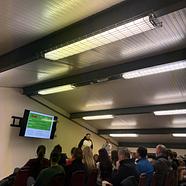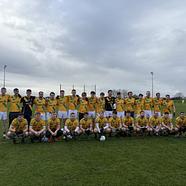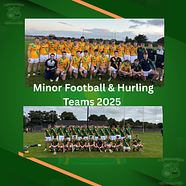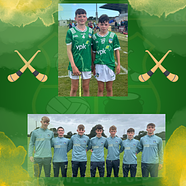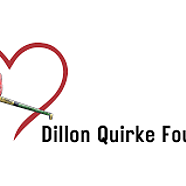World Suicide Prevention Day (WSPD was observed on 10th September 2021.
WSPD was an initiative from the International Association of Suicide Prevention (IASP) and was introduced in 2003. This is an opportunity to raise awareness of suicide and to promote action through proven means that will reduce the number of suicides and suicide attempts globally.
Why is it important?
Every 40 seconds someone takes their life; that’s almost 800,000 people a year around the world, with over 75% of suicides occurring in low-and-middle-income countries. Every life lost represents someone’s partner, child, parent, friend or colleague.
One in every 100 deaths worldwide is the result of suicide. It can affect every one of us. Each and every suicide is devastating and has a profound impact on those around them. However, by raising awareness, reducing the stigma around suicide and encouraging well-informed action, we can reduce instances of suicide locally, nationally and globally.
In 2020, there were 340 provisional deaths by suicide and intentional self-harm registered in Ireland according to the Central Statistics Office (CS0). There were 259 male suicide deaths and 81 female suicide deaths. These figures show the overall suicide rate for males in Ireland is three times higher than for females.
During 2020, the public health restrictions associated with COVID-19 pandemic impacted on the ability of Coroner’s Courts to hold public hearings. Consequently, this will have impacted on the number of deaths registered and subsequently assigned an Underlying Case of Death of intentional self-harm.
What you can do
Suicide is a difficult and sensitive issue to address and some people may never fully understand why someone would want to take their own life. However, it’s important to know there are things we can all do to help prevent it and offer support.
Here are some suggestions.
- Talk openly about suicide - doing this can give a person other options, or the time to rethink their decision.
- Learn to use informed, appropriate, sensitive and non-judgemental language when talking about suicide.
- Educate yourself on the complexities of mental health difficulties and suicide via trusted sources and try not to make assumptions.
- Recognise the valuable contribution of those who struggle with their mental health, have attempted suicide and recovered and those bereaved by suicide.
- Reach out to a support organisation for advice on how to respond to negative behaviours or comment that result from stigma.
- Start a conversation with someone you care about - you don't have to have all the answers, and won't.
- Listen with compassion, empathy and a lack of judgement.
Help is always available.
If you, or someone you know is struggling right now consider contacting any of the following supports:
Ahane GAA Health & Wellness Officer.
Sean Carey (RGN) (087-9077534) is our health & wellness officer and he can be contacted directly and in the strictest of confidence regarding any physical/mental health issue.
• GP/GP out-of-hours service
The following are organisations that provide information and support to anyone affected by suicide:-
• Call the Samaritans on 116 123 or email jo@samaritans.ie, available 24/7
• Call Pieta House on 1800 247247 or text HELP to 51444, available 24/7
• Call Aware on 1800 804848 or email supportmail@aware.ie
• Call the Irish Hospice Foundation Bereavement Support Line on 1800 807077
• Call Suicide or Survive on 1890 577 577
• Visit HSE - Mental Health for up-to-date information and services
• For information on Promoting Positive Mental Health, Wellbeing and Recovery visit Mental Health Ireland - https://www.mentalhealthireland.ie


